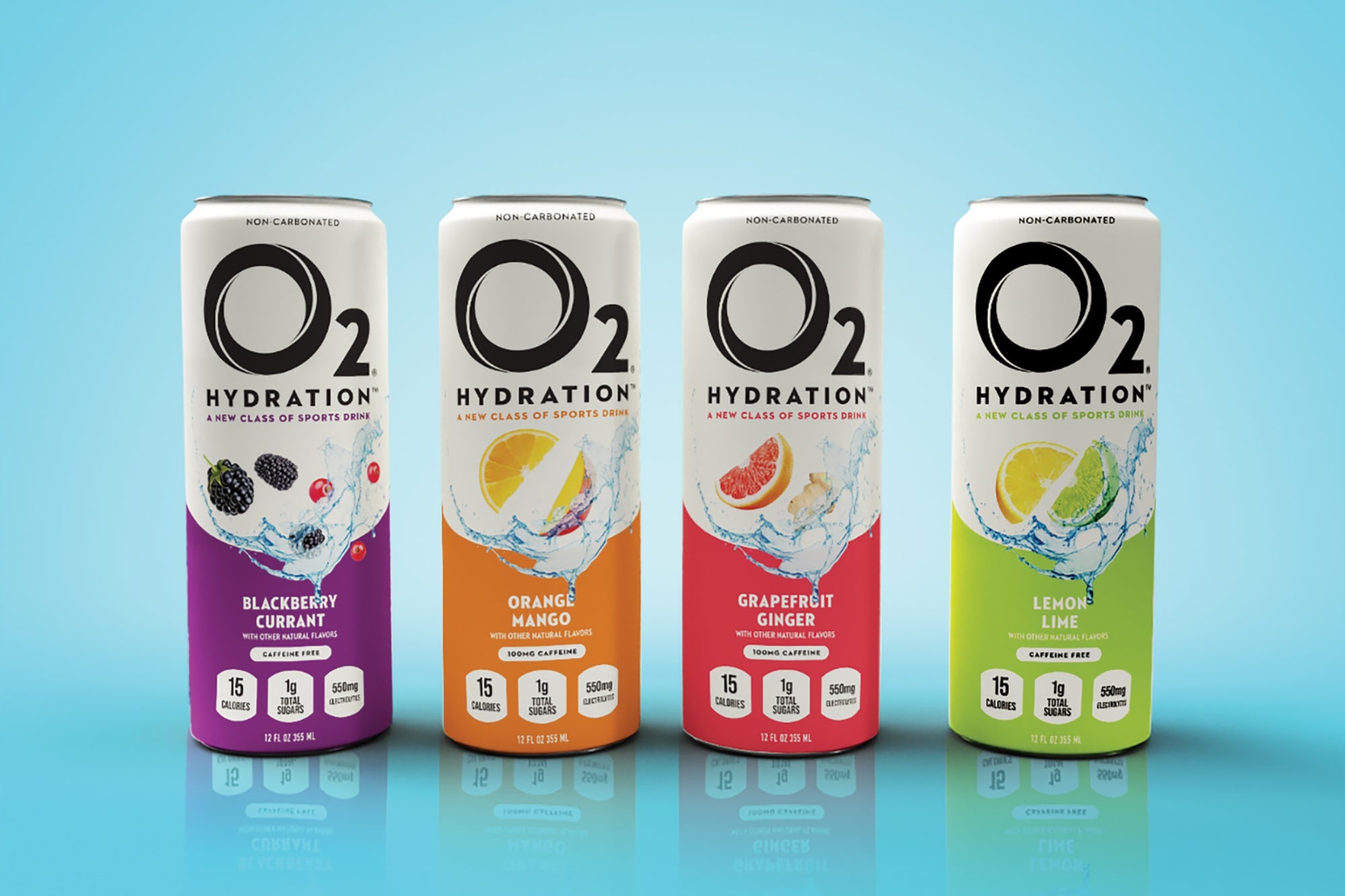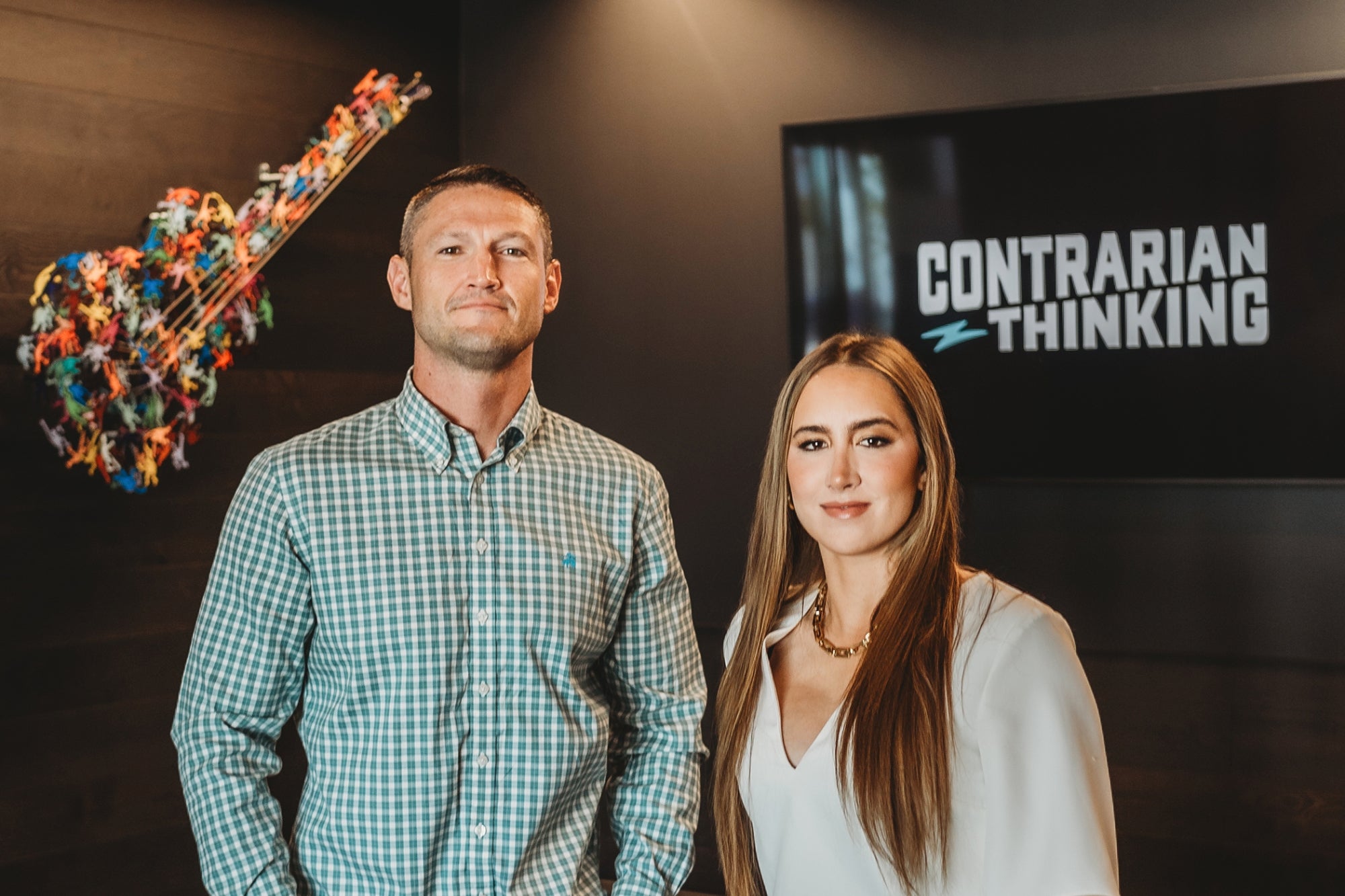After I Screwed Up My Webinar, I Realized Disasters Can Be 'Accidental Experiments' The whole debacle showed me another way of looking at unexpected setbacks.
By Jason Feifer Edited by Frances Dodds
This story appears in the July 2024 issue of BIZ Experiences. Subscribe »
When things go wrong, ask yourself this question: Did I just run an accidental experiment?
The answer might be yes. And once you realize this, you'll feel a lot better.
Because here's the thing: Mistakes suck. But the "accidental experiment" concept completely reframes them. It gives you something to ponder, explore, and learn from.
I stumbled into this idea recently after messing something up and feeling awful — until a friend helped me see the benefits of disaster.
Related: Why Failure Is Crucial To Success
Here was the scene of the failure. I'd organized a webinar for some of my newsletter subscribers (join at jasonfeifer .com/newsletter). My friend Richelle DeVoe was hosting; she's a consumer psychology expert, and was teaching the art of interviewing customers. Lots of planning went into this, and we met on Zoom for a 60-minute call.
Attendance was great. Richelle was great. And then, 40 minutes in...poof! The Zoom room closed, everyone was kicked out, and I panicked. How could this happen?! What a terrible experience!
I did the only thing I could think of: I re-clicked the original Zoom link. Almost everyone else did the same thing. The webinar was back, and we continued for another 20 minutes. (Later, I learned what happened: My credit card had expired, so Zoom defaulted me to the free version — where calls can't go past 40 minutes.)
After it ended, I called Richelle to apologize for the interruption — but Richelle didn't think it was bad at all! "It was like an accidental experiment," she told me. "When the call got cut off, you got to see how many people were truly engaged and willing to come back — and almost all of them did. That's very high retention!"
I laughed. It's true. Then I thought, OMG, what a brilliant way to learn from mistakes.
Think of an "accidental experiment" like this: When something goes wrong, you get to see the results of something you wouldn't have normally done.
Related: Why You Need To Change Your Perspective on Failure
For example, let's say I wanted to know how engaged people were on my Zoom calls. This is hard to test! I could track how long they stay on the call, but what if they're bored and checking their email? I could survey them after calls, but that's tedious and prone to error. I could literally cut the call off in the middle and see who comes back, but no, that's a terrible user experi —
Whoops, it just happened. That sucks. But now I get to see the results!
Many great scientific discoveries are made by accident because we can't (or ethically won't) set them in motion ourselves. We know it's wrong to harm people just to see how we can heal them, for example. But when mistakes are made and people are harmed, we have an opportunity to study our bodies and discover new cures.
So much can go wrong in BIZ Experiencesship. Our efforts can fail. Our relationships can fracture. Our time can be wasted. Our egos can be bruised.
But in each case, as we face the challenges of the moment, it is worth asking: If this was an experiment, what is being tested? And what was discovered?
Because I'm telling you — something is always being tested. And some result is being uncovered.
Maybe your product launch didn't work, or a pitch didn't go well, or an idea didn't land. Maybe you were laid off, or a partnership fell apart. In all these cases, you had a hypothesis — but something else happened instead. Now you're in uncharted territory, learning the things you didn't set out to learn. Those may be the best lessons of them all.
Nothing we do has a guaranteed outcome, which means that everything we do is an experiment. We won't always succeed, but we can always learn. And when we test our own resilience, that's an experiment worth running.












